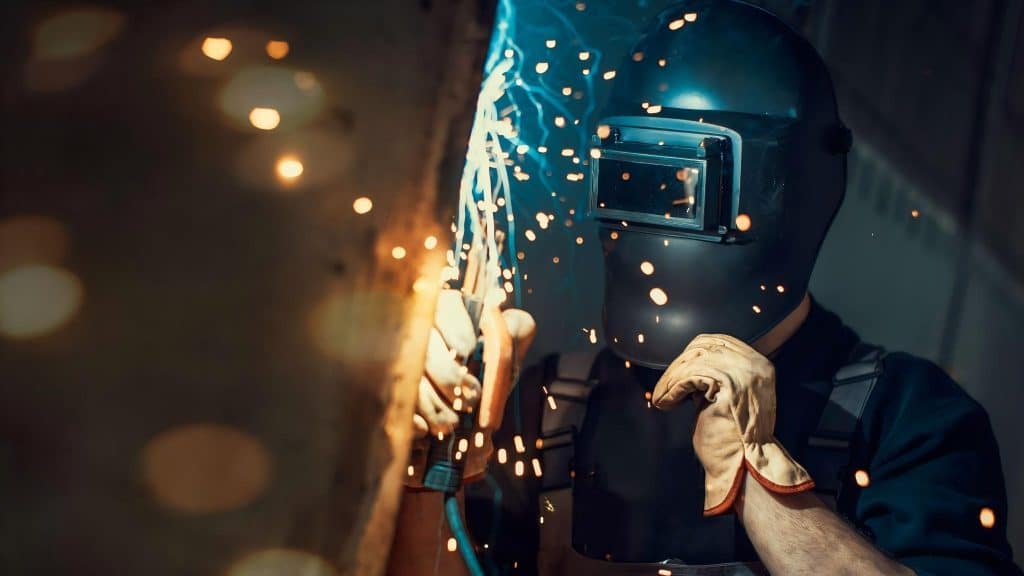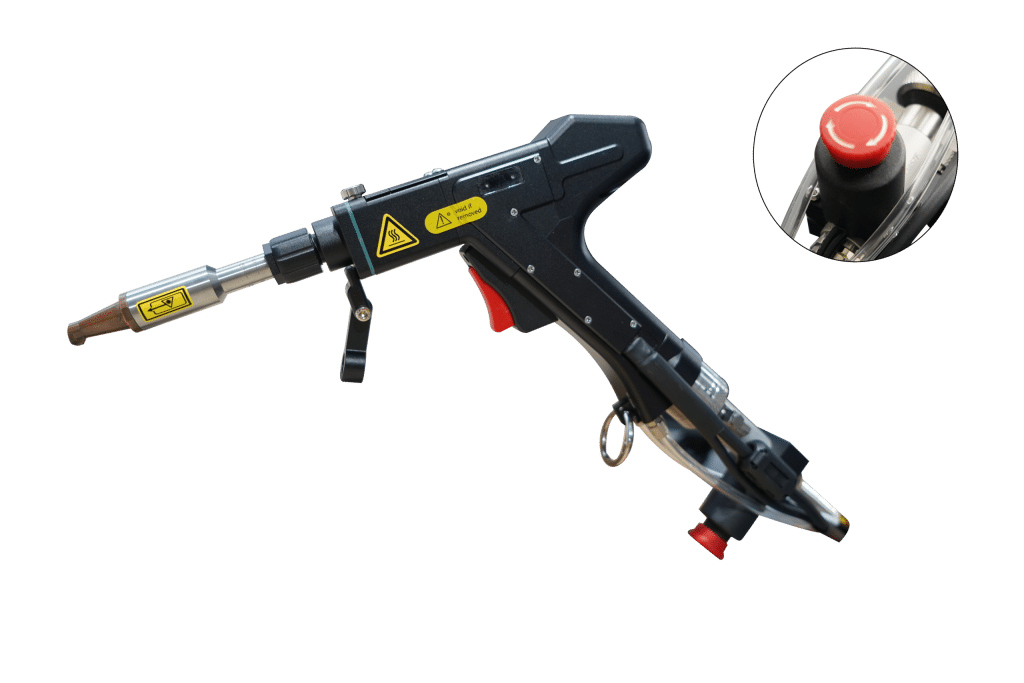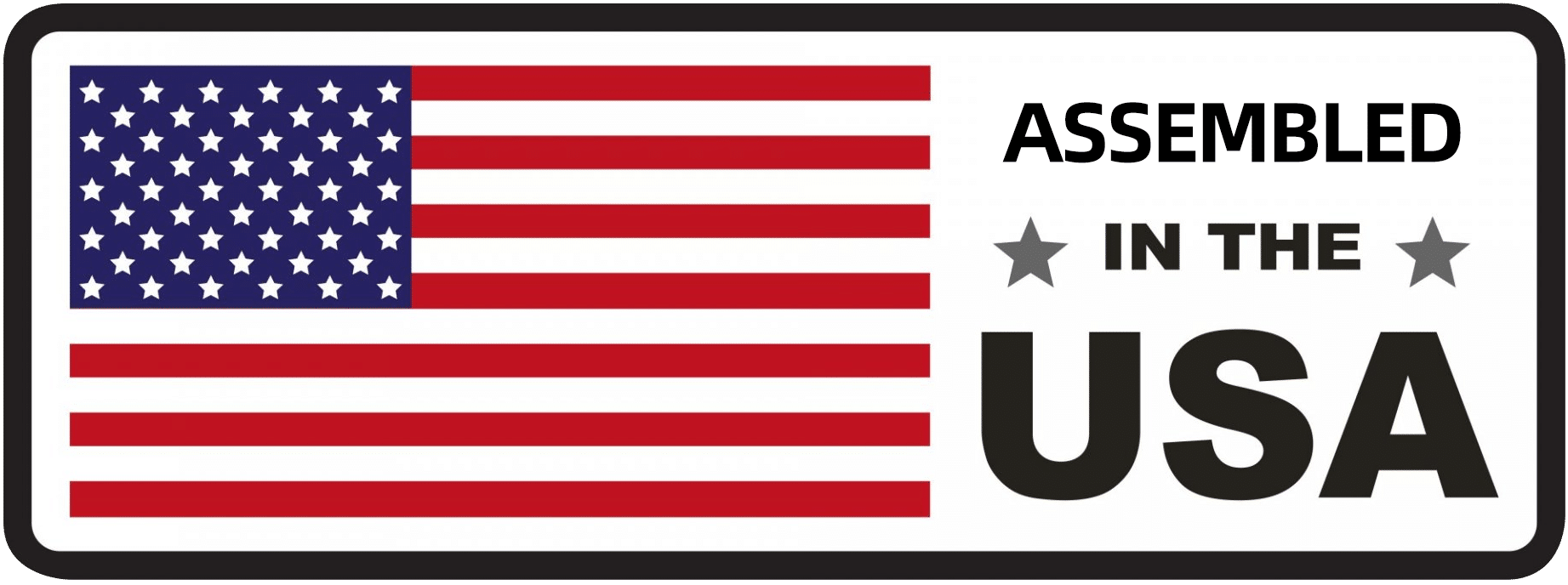
Top-notch precision, high efficiency, and reliable speed – these are some reasons why many industrial sectors opt for laser welding over traditional methods. However, this cutting-edge solution typically requires a substantial investment of capital to acquire.
To help you make an informed choice, we prepared this quick guide to acquiring an industrial laser welding machine that meets your operational needs and requirements.
Why Laser Welding Machines are an Industrial Standard?
From the transportation to the metal fabrication sectors, the industrial applications of laser welding machines are limitless. But why do manufacturers switch to this welding solution after decades of using traditional techniques?
Here are some reasons:
- Cleaner and Polished Welds: Using a high-intensity and focused laser beam, the machine can precisely melt and fuse materials with minimal heat-affected zones (HAZ). This ensures minimal spatter, distortion, and contamination in the weld area.
- Minimal Thermal Distortion: Laser welding machines promote swift heating and cooling over a specific area by applying their high-energy-density beam. This translates into minimal HAZ, which prevents material and metallurgical distortion.
- Greater Speed: Laser welders can penetrate and melt workpieces at a rate of 1 to 10 meters per minute. This is particularly important when working with thin metals to prevent overheating and achieve a consistent weld.
- Compatibility With Automation Systems: Most laser welding machines are designed to integrate with automation systems that feature robotic arms, conveyors, or CNC setups. This feature allows for enhanced precision, repeatability, and efficiency in mass production.
Types of Laser Welding Machines and Their Applications
Laser welding machines are classified into three types according to their respective features and applications.
Fiber Laser Welding Machines

Fiber laser welding machines can produce high-powered and precise laser beams using optical fibers to join metal workpieces. They have a solid-state laser source that generates light by duping or stimulating rare-earth elements such as ytterbium and erbium inside an optical fiber.
This type of laser welder has high electrical efficiency. It converts a large proportion of the electrical energy it consumes into usable laser light for welding, with minimal heat and energy waste. For instance, Denaliweld’s Air-Cooled 3kW laser welding machine provides a stable and energy-efficient system suitable for high-volume production projects. It features an advanced chiller system that ensures a consistent working temperature within a safe range for optimal performance and longevity.
CO₂ Laser Welding Machines
CO₂ laser welding machines apply a gas laser with carbon dioxide as the active welding medium that can emit infrared light at 10.6 micrometers. These machines excel at welding thick metals, ceramics, plastics, and glass, so they are often applied in legacy or specialized industrial applications where deep penetration and non-metal processing are necessary.
Nd:YAG Laser Welding Machines
In this type of machine, a neodymium-doped yttrium aluminum garnet crystal serves as the lasing medium, generating light beams with a wavelength of 1.064 micrometers. These lasers are primarily used in pulsed laser welding mode, which delivers concentrated energy bursts ideal for micro-welding, spot welding, and precision joining projects.
Unfortunately, compared to fiber laser welding machines, this type of laser welder converts electrical energy to laser light less efficiently, resulting in higher power consumption and increased operational costs.
How to Match a Welding Machine to Your Requirements?
To select the optimal machine specifications for your production needs, several factors must be considered, as outlined below.
Material Type and Thickness
Check the material type of your workpieces. Are they made of stainless steel, aluminum, or some thick metals? A laser welding machine can perform optimally if its specifications match the type and thickness of the workpieces being welded.
Fiber lasers are often the preferred solution for processing stainless steel, aluminum, copper, and titanium due to their short wavelength and high beam quality. Meanwhile, CO₂ lasers are effective for working with thick materials and certain non-metallic materials.
Production Volume
For high-production welding volumes, fiber lasers are considered the industry standard due to their high electrical efficiency, rapid welding speeds, and minimal maintenance requirements. These advantages translate directly to increased uptime and lower operating costs. In contrast, CO₂ and Nd:YAG lasers are often applied in applications that involve intricate geometries or complex material types, which are typically produced in relatively low volumes.
Precision Requirements
Select a laser welding machine that can handle applications requiring micro-welding or excellent tolerances, especially if you are in the electronics or medical device industry. Specific fiber lasers and Nd: YAG lasers are the best choices for these applications.
Cooling System
The excessive heat produced during a laser welding operation necessitates a reliable and efficient cooling system. Hence, your chosen machine must be equipped with advanced cooling systems that can regulate the machine’s temperature at an optimal but safe level.
Power Range
The required output power depends on the material type, thickness, and welding speed required in your project. Higher power is ideal for deep penetration welding or thick materials, while low power ones are preferable when dealing with thin materials to avoid overheating or extreme material distortion.
Buying Considerations That Often Get Overlooked
Most manufacturers are hyperfixated to the physical attributes and features of a laser welding machine. While this is a great way to ensure that the right machine is chosen, some considerations may be overlooked, such asL.
- Warranty Terms: Acquire from a manufacturer that offers fair and reliable warranty terms in case the product has defects. The warranty must cover provisions like refund or replacement policies.
- Ease of Maintenance: A high-performing laser welder often wears out quickly due to the excessive heat it generates. Hence, regular maintenance is a must. Thus, choose a machine that is easy to clean, maintain, or upgrade.
- Software Interface Usability: The machine must have software that provides intuitive and user-friendly controls to adjust the laser’s speed and power. The software must also indicate whether the machine is operating within a safe temperature range.
Level Up Production With High-Grade Industrial Laser Welding Machines
Choosing the right laser welding machine is a strategic business decision that will enhance your productivity and efficiency. The impressive strength and speed of an industrial laser welding machine can fast-track your production, reduce your turnaround time, and cut down your operating costs in the long run.
Denaliweld is a global leader in laser welding technology. We are a premier brand that offers innovative industrial laser welding solutions, developed through years of rigorous R&D and industry expertise. We strive to provide businesses with cutting-edge machines that offer top-notch precision, high-speed performance, and sustainable operations. All of our machines are standard-compliant, ensuring they meet the current required competencies for high-level welding applications.
Choose Denaliweld today!



